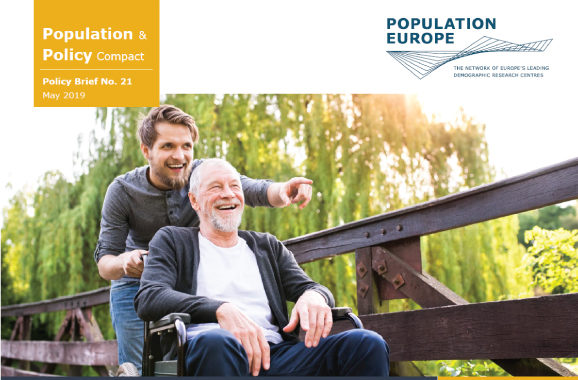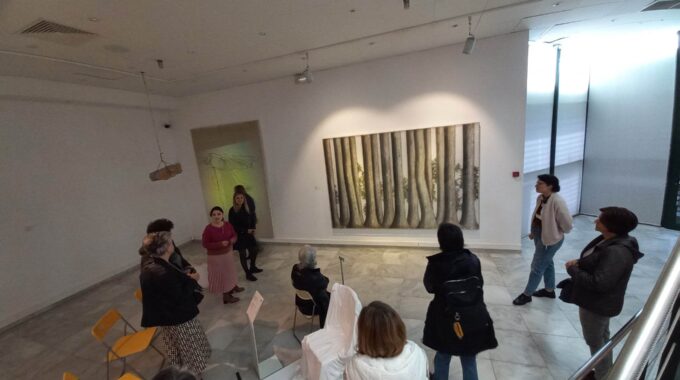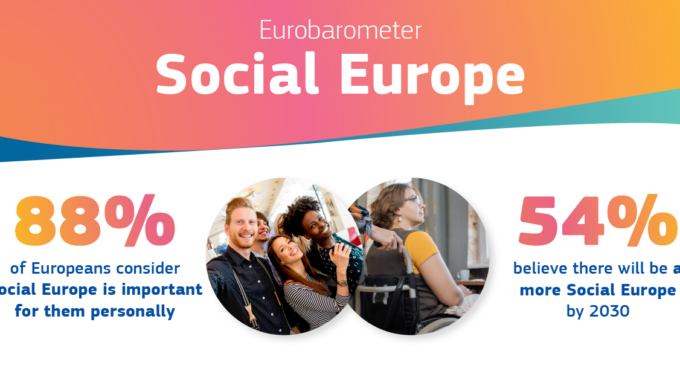
Who cares? – Securing support in old age
We invite you to read the policy brief written by Tiziana Nazio and edited by Daniela Vono de Vilhena for Population Europe on the informal support to older persons.
Key Messages:
The gender pay gap and other risks linked to the devaluation of care work should be tackled by combating ageism; creating and enforcing a minimum standard of care provision; creating a professional qualification system and career pathways for professional carers; and by supporting community-based care with solutions that respect the dignity and identity of care receivers.
Measures to support informal caregivers should allow them to receive and transfer pension contributions and provide them with an array of relief measures. Also, the choice to provide care and by whom to be cared by to both caretakers and caregivers should be secured.
Care in old age should be a social responsibility framed as a human right, where a minimum standard of universal care is provided to everyone and quality controls are put in place.





